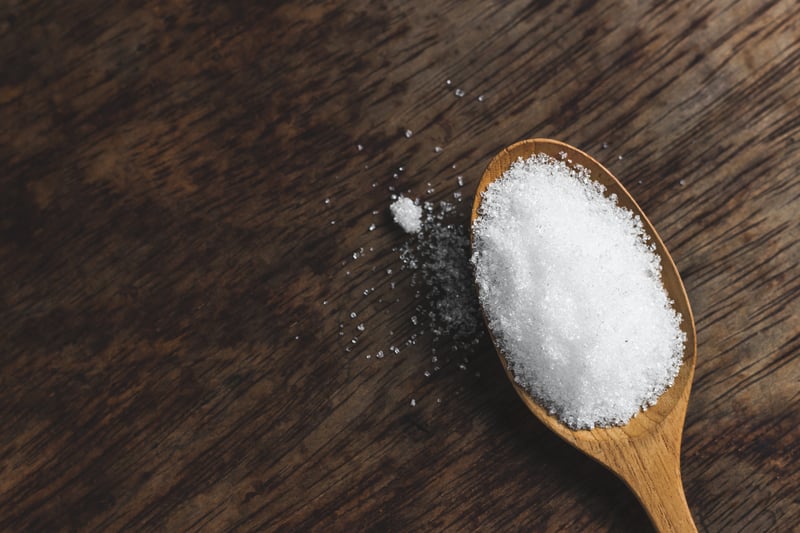(330) 876-1228
8507 Main StreetKinsman, OH 44428
(330) 876-1229

In findings that are likely to fuel the debate over the safety of aspartame, one World Health Organization (WHO) agency announced Thursday that the artificial sweetener is a possible carcinogen while another stood firm in saying that aspartame is safe in recommended doses.
"Cancer is one of the leading causes of death globally. Every year, 1 in 6 people die from cancer. Science is continuously expanding to assess the possible initiating or facilitating factors of cancer, in the hope of reducing these numbers and the human toll,"Dr. Francesco Branca, director of the WHO's department of nutrition and food safety, said in an agency news release.
"The assessments of aspartame have indicated that, while safety is not a major concern at the doses which are commonly used, potential effects have been described that need to be investigated by more and better studies,"Branca added.
How much aspartame is unsafe?
"The average 150 lb. person would need to consume about 14 12-oz cans of diet beverages or about 74 packets of aspartame-containing tabletop sweetener every day over the course of their life to raise any safety concern," Calorie Control Council (CCC) president Robert Rankin said in a CCC statement. "Obviously, that level of consumption is not realistic, recommended, nor is it "Žaligned with the intended use of these ingredients."
Several other industry groups issued statements challenging the new ruling, and even the U.S. Food and Drug Administration took issue with it.
"The FDA disagrees with IARC's [International Agency for Research on Cancer] conclusion that these studies support classifying aspartame as a possible carcinogen to humans,"the FDA said in an agency statement. "Aspartame being labeled by IARC as 'possibly carcinogenic to humans' does not mean that aspartame is actually linked to cancer."
Kevin Keane, interim president and CEO of the American Beverage Association, noted in a group statement that "there is a broad consensus in the scientific and regulatory community that aspartame is safe. It's a conclusion reached time and time again by food safety agencies around the world."
The WHO agency, known as the International Agency for Research on Cancer, came to its conclusion that aspartame could possibly cause cancer after analyzing three observational studies in humans.
The studies found a link between beverages sweetened with aspartame and liver cancer, at far fewer amounts than the suggestion for how much a person could safely consume, The New York Times reported.
Branca suggested people should try to drink water or unsweetened beverages, but added that, "Our results do not indicate that occasional consumption should pose a risk to most,"the Times reported.
Artificial sweeteners have raised health concerns for decades. Six sweeteners have been approved by the FDA, including aspartame, the Times reported.
Aspartame can be found in everything from soda to sugar-free gum to yogurt.
More information
The U.S. National Cancer Institute has more on artificial sweeteners and cancer.
SOURCES: World Health Organization, news release, July 14, 2023; Calorie Control Council, statement, July 13, 2023; U.S. Food and Drug Administration, statement, July 14, 2023; American Beverage Association, statement, June 29, 2023; New York Times
